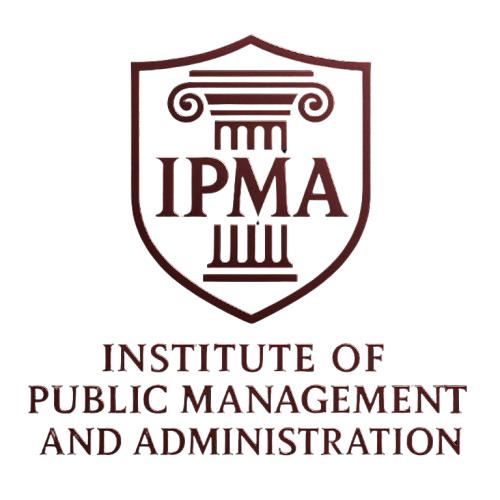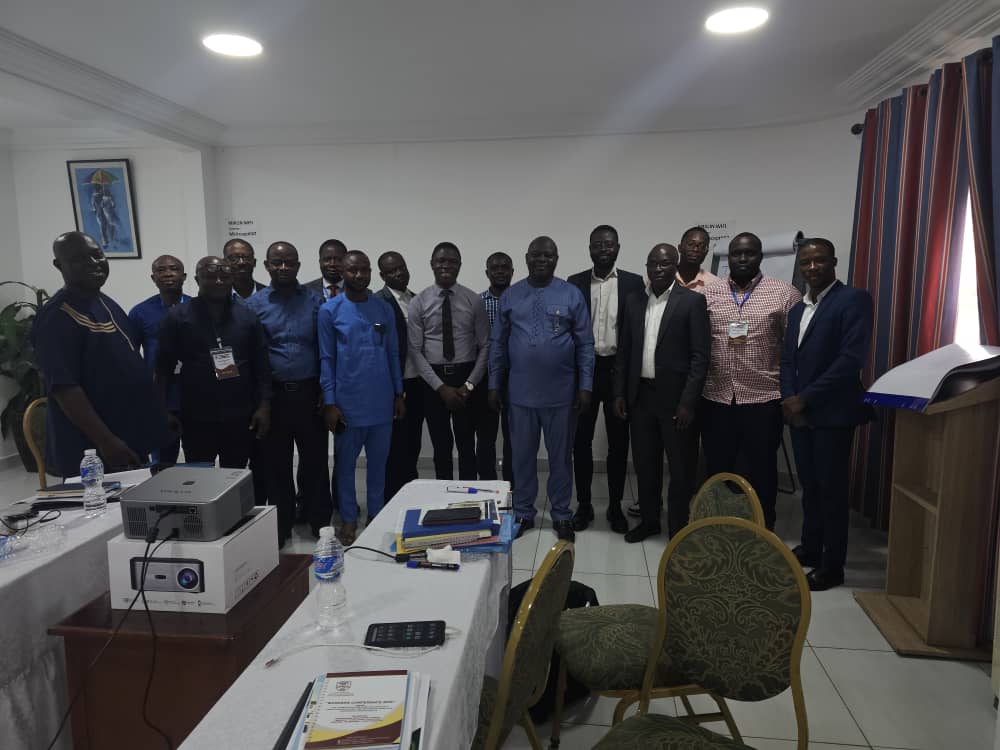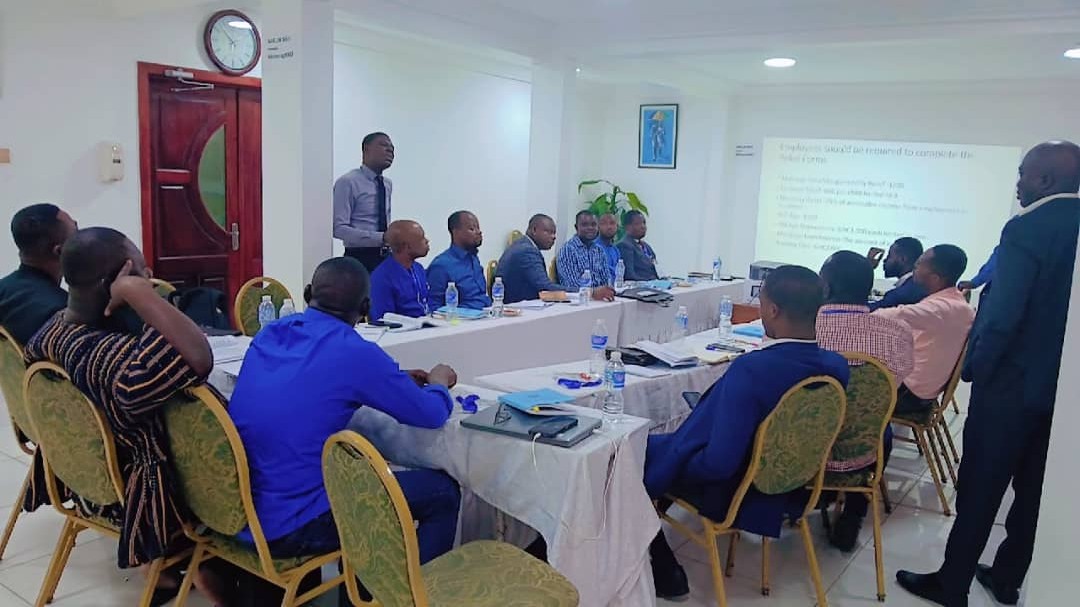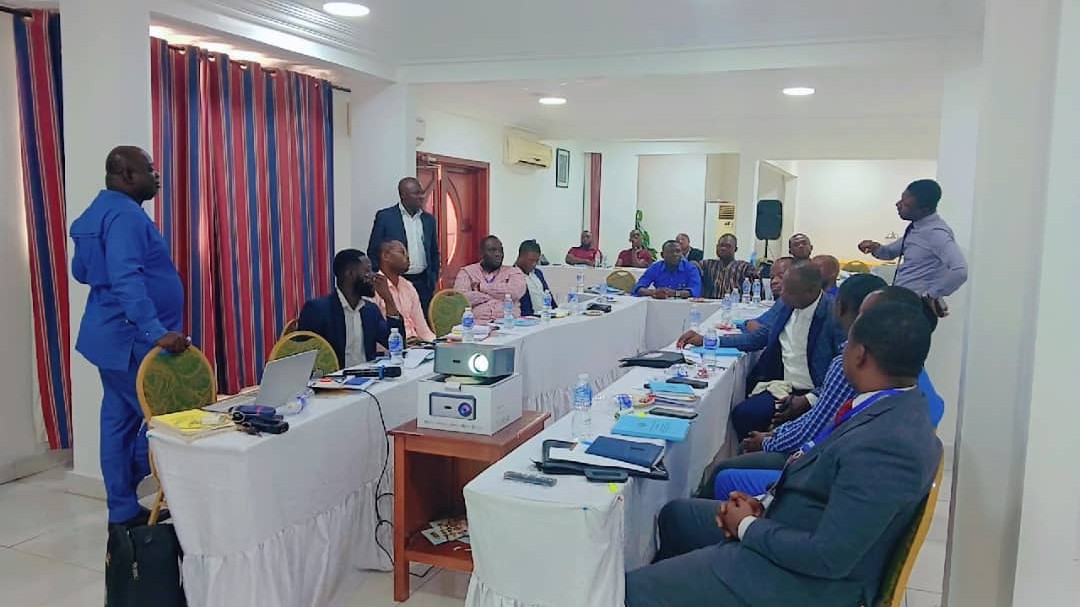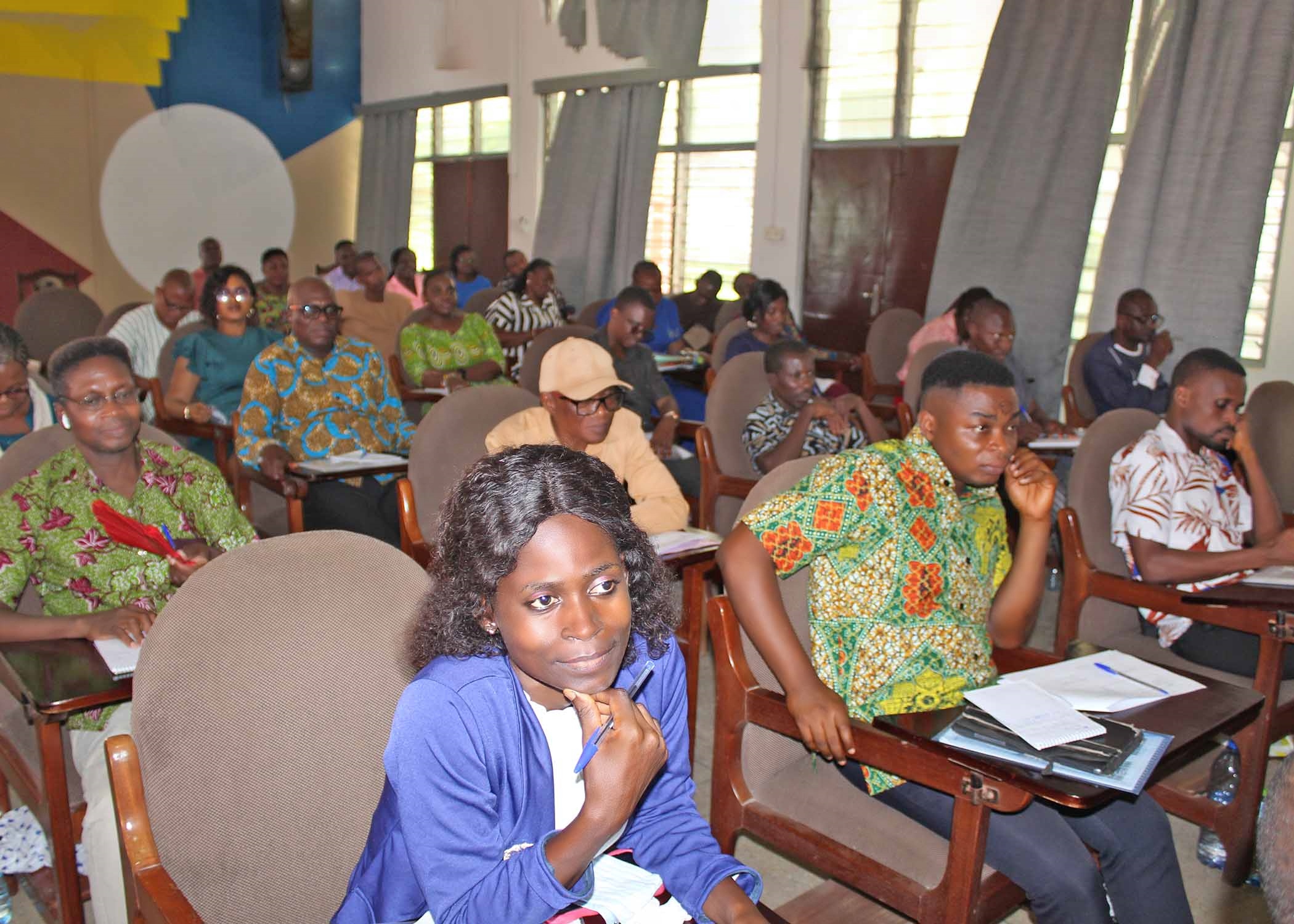
What We Do
IPMA delivers comprehensive training, research, consultancy, and capacity-building programs that empower public officials, business leaders, and policymakers to make informed and strategic decisions. Our core activities include:
- Capacity Building & Training
- Research & Policy Analysis
- Consultancy Services
- Professional Development
From 2006 to 2025
Over
0Participants Trained
More Than
0Subject Areas
In
0Regions and Districts
Collaboration With Government Institutions
The Institute of Public Management and Administration (IPMA) actively collaborates with various government institutions to strengthen governance, enhance public financial management, and improve service delivery in Ghana. These partnerships aim to build capacity, foster knowledge exchange, and implement best practices in public administration and financial governance.
Controller and Accountant General’s Department (CAGD), Ghana
Areas of Collaboration
- Public Financial Management (PFM) Training: Conducting specialized training for public sector accountants, finance officers, and auditors to enhance efficiency in budget preparation, execution, and financial reporting.
- IPSAS Training and Implementation: Supporting the adoption and implementation of International Public Sector Accounting Standards (IPSAS) through capacity-building workshops and advisory services.
- Public Sector Payroll and Salary Administration: Providing training and research support on payroll management, wage bill sustainability, and salary structuring in the public sector.
- Financial Risk and Compliance Training: Enhancing the capacity of public financial officers in risk assessment, fraud detection, and compliance with financial regulations.
Expected Outcomes
- Improved financial accountability and transparency in public financial management.
- Strengthened capacity in IPSAS implementation and compliance.
- Enhanced efficiency in payroll and public sector salary administration.
Ghana Education Service (GES)
Areas of Collaboration
- Leadership and School Administration Training: : Providing leadership development programs for headteachers, school administrators, and education officers to improve school governance.
- Educational Policy and Curriculum Development: Conducting research and policy analysis to support the enhancement of Ghana’s educational framework.
- Budgeting and Financial Management in Education: Training education administrators in financial planning, school budgeting, and funds management.
- Teacher Professional Development: Organizing workshops and training sessions on modern teaching methodologies, digital literacy, and competency-based learning.
Expected Outcomes
- Strengthened leadership and governance in the education sector.
- Improved financial management practices in schools.
- Enhanced teacher capacity for delivering quality education.
Ghana Health Service (GHS)
Areas of Collaboration
- Healthcare Management and Administration: Offering capacity-building programs for hospital administrators and healthcare managers to improve service delivery.
- Financial Management in Healthcare Institutions: Training hospital accountants and finance officers in healthcare budgeting, revenue generation, and expenditure control.
- Health Policy Development and Implementation:Conducting research to support policy formulation for improved healthcare delivery in Ghana.
- Risk and Crisis Management in Healthcare: Providing training on handling public health emergencies, disaster preparedness, and hospital risk management.
Expected Outcomes
- Improved efficiency in hospital management and administration.
- Strengthened financial governance in healthcare institutions.
- Enhanced capacity for managing health crises and emergencies.
Local Government Service (LGS)
Areas of Collaboration
- Decentralization and Local Governance Training:Building the capacity of local government officials in policy implementation, local governance, and service delivery.
- Revenue Mobilization and Financial Sustainability: Training district assemblies and municipal officials on local revenue generation and financial planning.
- Public Procurement and Contract Management: : Enhancing the skills of procurement officers in local government institutions to ensure transparency and compliance with procurement laws.
- Community Development and Social Policy Implementation: Conducting workshops on effective community engagement, participatory governance, and social policy execution.
Expected Outcomes
- Strengthened governance and administrative efficiency at the local government level.
- Increased revenue mobilization and financial sustainability for local authorities.
- Improved transparency and accountability in local government procurement processes.
Programmes
lEADERSHIP TEAM

Dr. Richard Kwadzo Doe-Dartey
Executive Director
Dr. Mavis Akolor
Business Development Director
